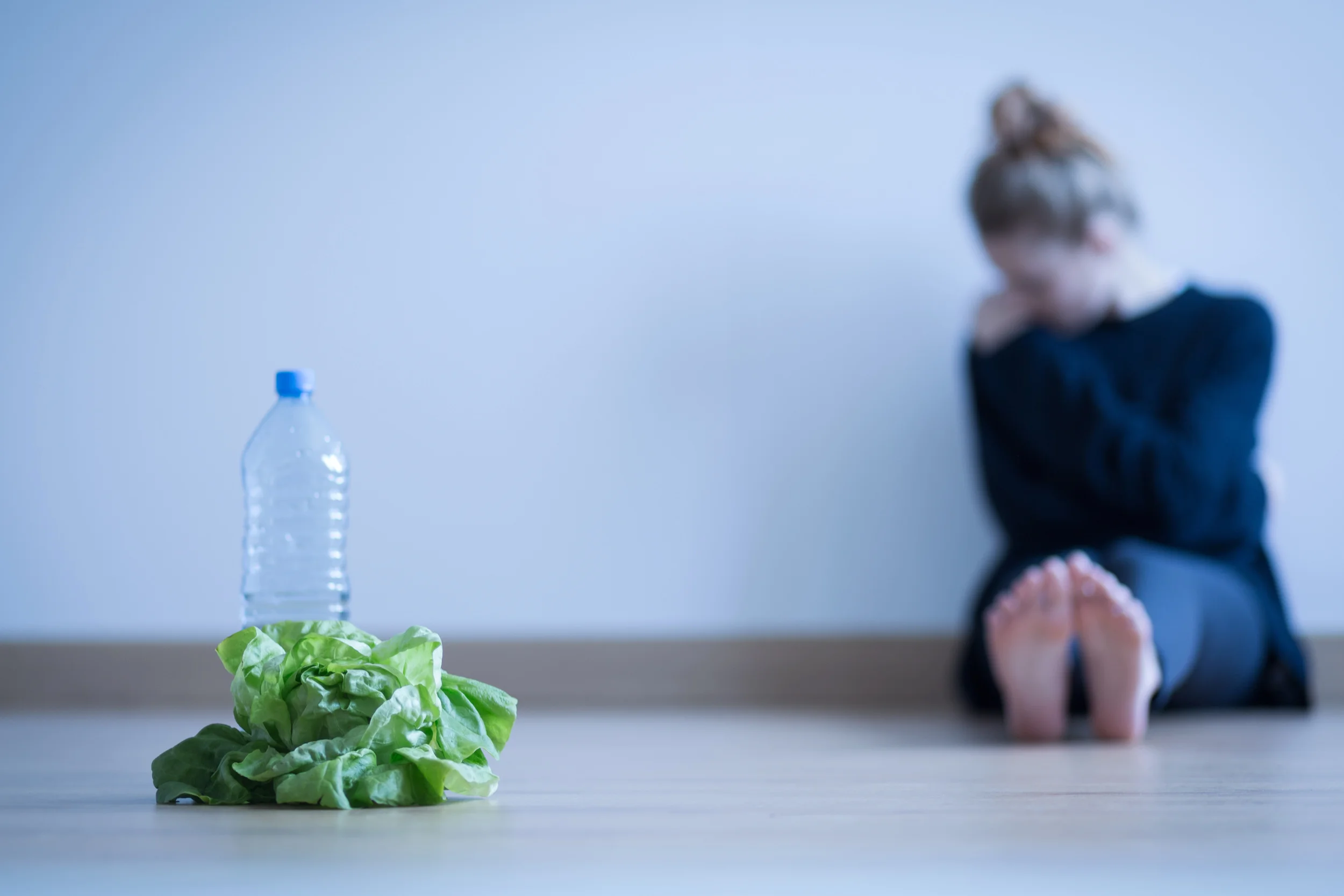Regular readers of my blog have probably realized that I’m almost obsessed with the gut and the power of our gut bacteria. I could talk for HOURS about how our gut bacteria educate our immune system and manage inflammation. Now I have a new passion – how our diet and our gut bacteria manage the neurotransmitters in our brain, like serotonin (our feel good neurotransmitter) and dopamine (our reward neurotransmitter). The new research on this topic is amazing and fascinating, and I’ve seen how we can manage/manipulate our mood by changing our diet both in myself and with my clients. This is just plain cool.
Have you ever gone on a low starch/grain diet and noticed your mood plummet? Do you deal with late night sugar cravings that can sometimes feel out of control?
If you answered yes to either of these questions, chances are high you’re a woman. Researchers don’t really know why…but woman are much more susceptible to dietary driven mood changes than men. I usually don’t like making generalizations, but I do see this with my clients as well. Men; that doesn’t mean this won’t affect you, it just means you’ll probably feel this at a much lower level than women.
But it doesn’t end there; digestive issues and mood changes also go hand in hand. Having an anxious gut (cramping, spasms, diarrhea) are linked to an anxious brain. And having a depressed gut (constipation, slow digestion) is connected to depression. It’s all about our neurotransmitters.
We have a concentration of neurons (brain cells) around our gut called the Enteric Nervous System (ENS). The job of the ENS is to digest, absorb, and assimilate our food…and this job is really complicated. If our brain was in charge of digestion it would take so much brainpower that we probably wouldn’t have the resources to have language, art, and all of our wonderfully uniquely human activities. Digestion is so complicated that the ENS can work completely independently from the brain. It’s totally running the show.
But, our brain can’t work independently from the ENS. 95% of our serotonin and 50% of our dopamine is made in the gut (as well as a host of other neurotransmitters), and our brain relies on the gut’s neurotransmitters to work properly.
In our gut, serotonin and dopamine work to contract and relax the muscles in our small and large intestine. Too much serotonin and dopamine causes our gut to spasm and cramp (which can cause diarrhea). Too much serotonin and/or dopamine in our brain and we feel anxious.
Too little serotonin and dopamine in our gut causes sluggishness and constipation, and too little in our brain causes depression. Some of us tend toward anxiety or depression, while a lucky few tend to flip flop between the two. Notice what your tendency is, and see if your gut mirrors your brain. Those with IBS tend to flip back and forth from diarrhea to constipation, and anxiety to depression.
Once you know what your tendency is, you can use this information to help to balance your diet.
Neurotransmitters are made from amino acids (protein), but it’s from dietary starches and grains that our body is able to use them properly. Starches and grains increase serotonin’s availability in the gut and brain, boosting mood. These types of foods are also out of style right now, and many people have reduced/removed them from their diet. For those with anxiety, this can be a good thing. But, for those who tend toward depression, this can cause low mood and severe sugar cravings. For many, these cravings come at night (usually after having a stressful day) and can be very intense and feel out of control. I’ve worked with many people who have felt “addicted” to sugar, when all they needed was to add starches back into their diet.
Want to see if your diet can help balance your mood, try this:
If prone to depression - Have a high grain/starch breakfast with very little protein and fat. This may feel weird to try, but can work really well. Oatmeal, honey, and fruit is a great option. Enjoy grains and starches with lunch and have your highest protein meal for dinner. How are your sugar cravings at night? How’s your mood?
If prone to anxiety – Have a high protein/fat breakfast, like eggs, veggies, and coconut oil. Have a balanced lunch, and a higher starch dinner. How do you feel through the day? Salt cravings? Anxiety?
If you’re not sure – try out both and see how you feel. Your perfect way of eating will keep you full and satisfied between meals and will reduce your cravings throughout the day. I love to experiment with food. If it doesn’t help, it hasn’t hurt! But if it does help, it’s something that you can use throughout your life to help manage any mood fluctuations. Enjoy!

